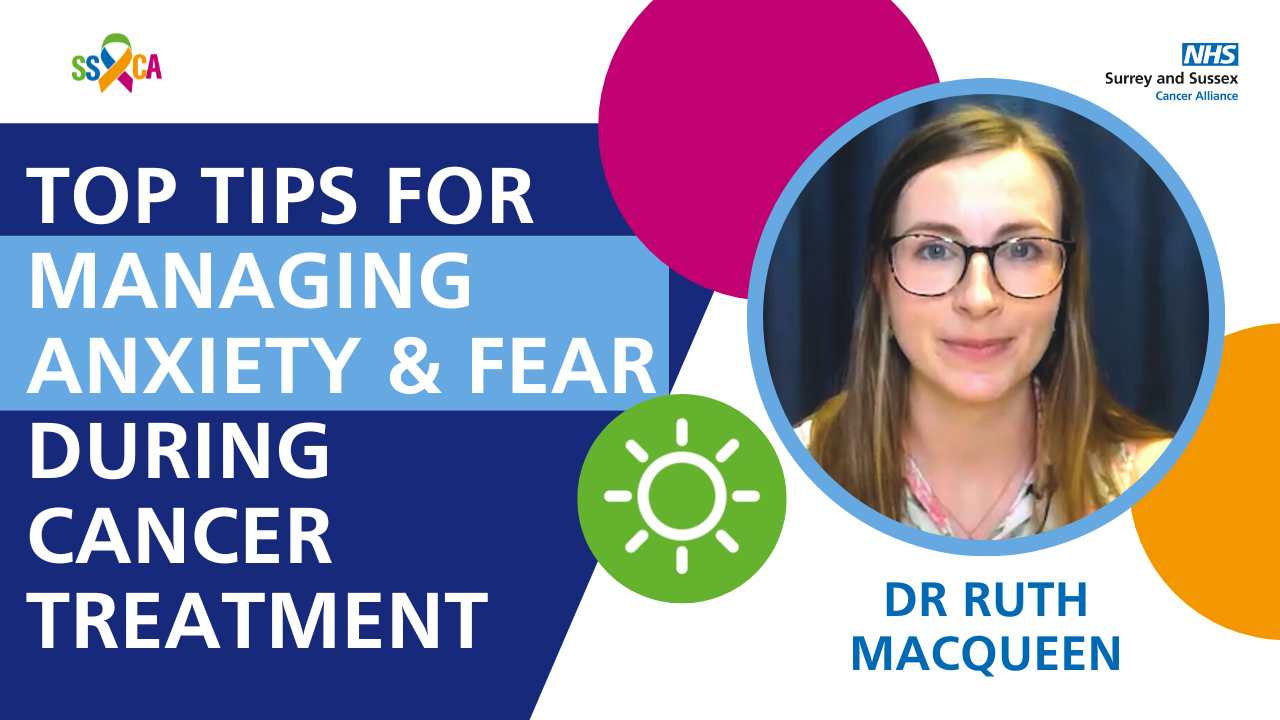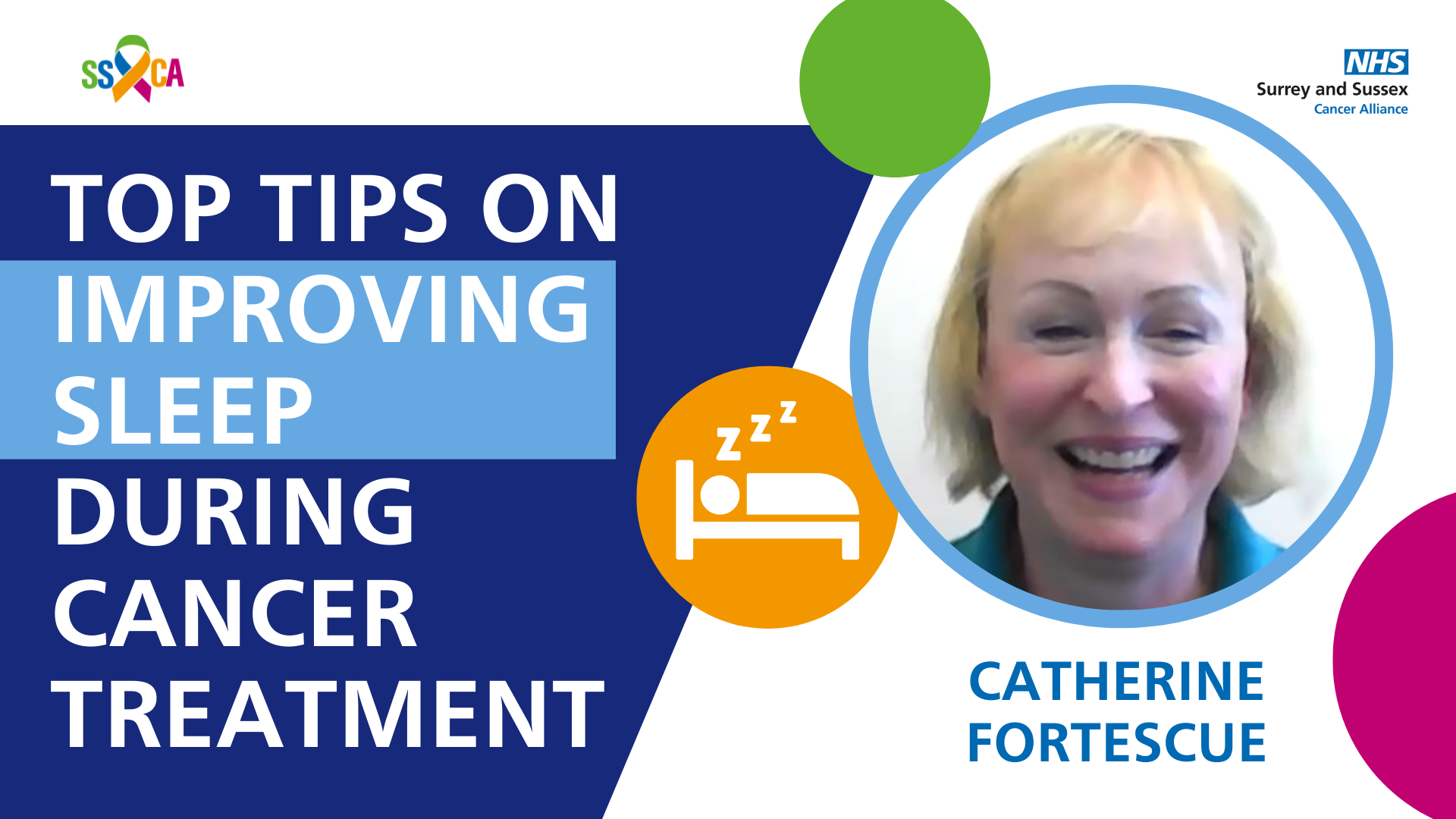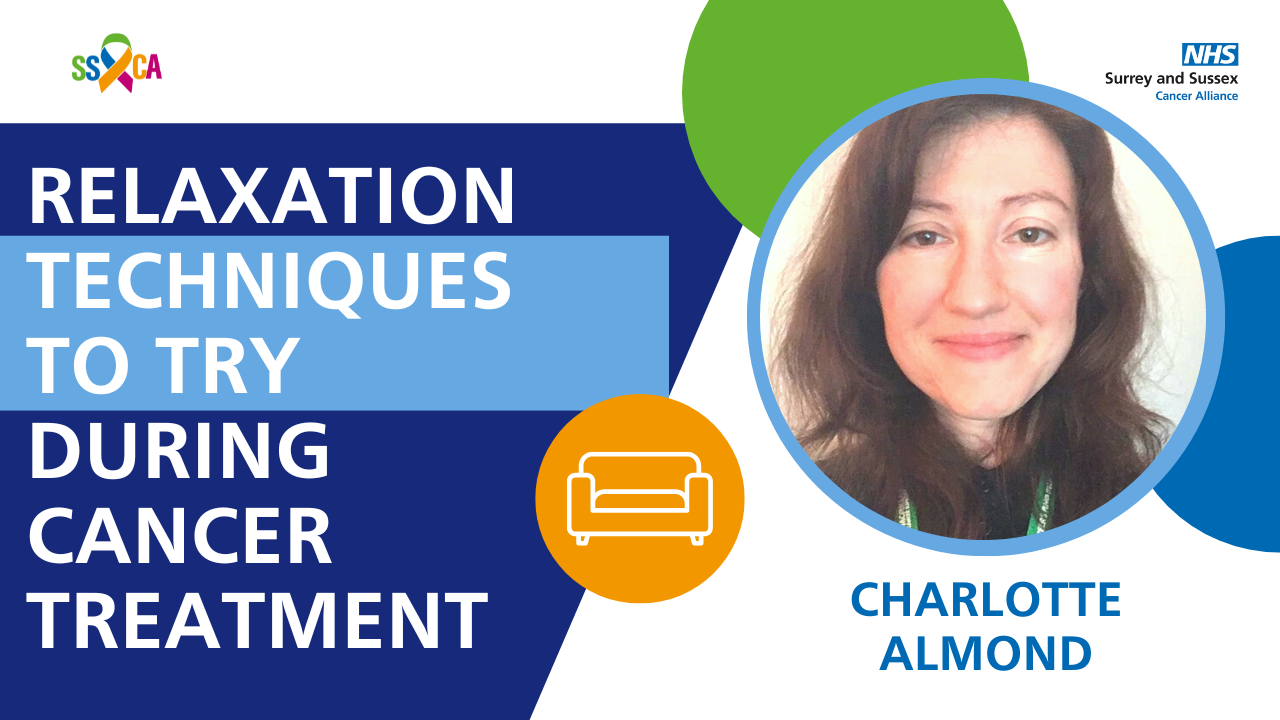Prehabi![]() litation and rehabilitation support people diagnosed with cancer to live well and improve their quality of life before, during and after treatment.
litation and rehabilitation support people diagnosed with cancer to live well and improve their quality of life before, during and after treatment.
Prehabilitation enables patients to improve their physical fitness and optimise themselves nutritionally and mentally. It can also support individuals to change behaviours and make healthy choices to maximise their resilience to treatment and support their recovery.
Prehabilitation should be tailored to an individual’s needs and preferences. It is not a one-size fits all. Core elements of prehabilitation include:
- Physical activity and exercise
- Nutrition
- Psychological support and behaviour change
Physical Activity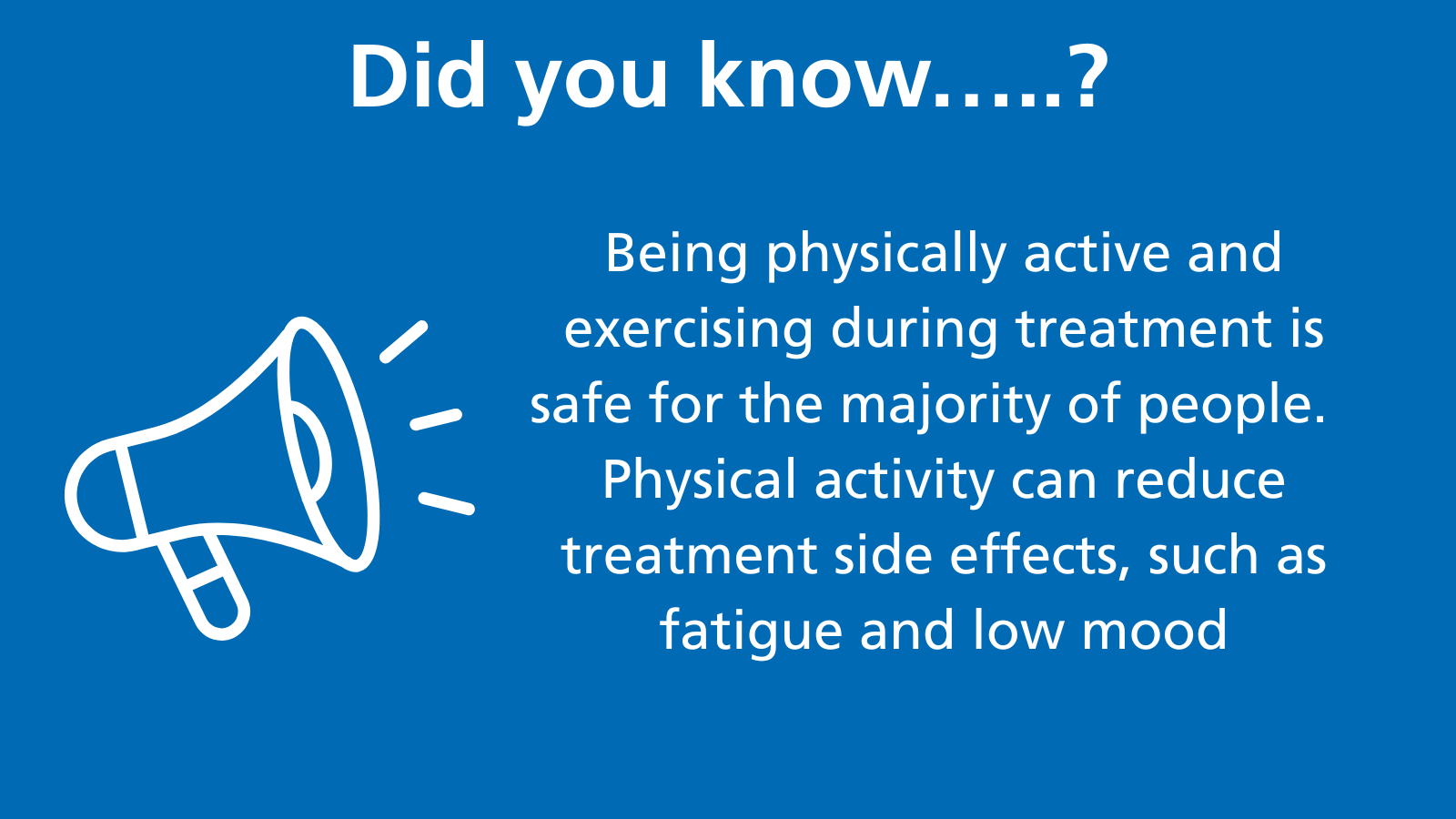
Keeping active with a diagnosis of cancer, is both safe and important. Prehabilitation aims to improve muscle strength and fitness before treatment, or maintain it as much as possible during treatment. Keeping active and/or taking part in structured exercise has been shown to improve recovery and quality of life after cancer treatment.
Click on the link below to see our Physical Activity page for more information on the benefits of being physically active with a cancer diagnosis.
Nutrition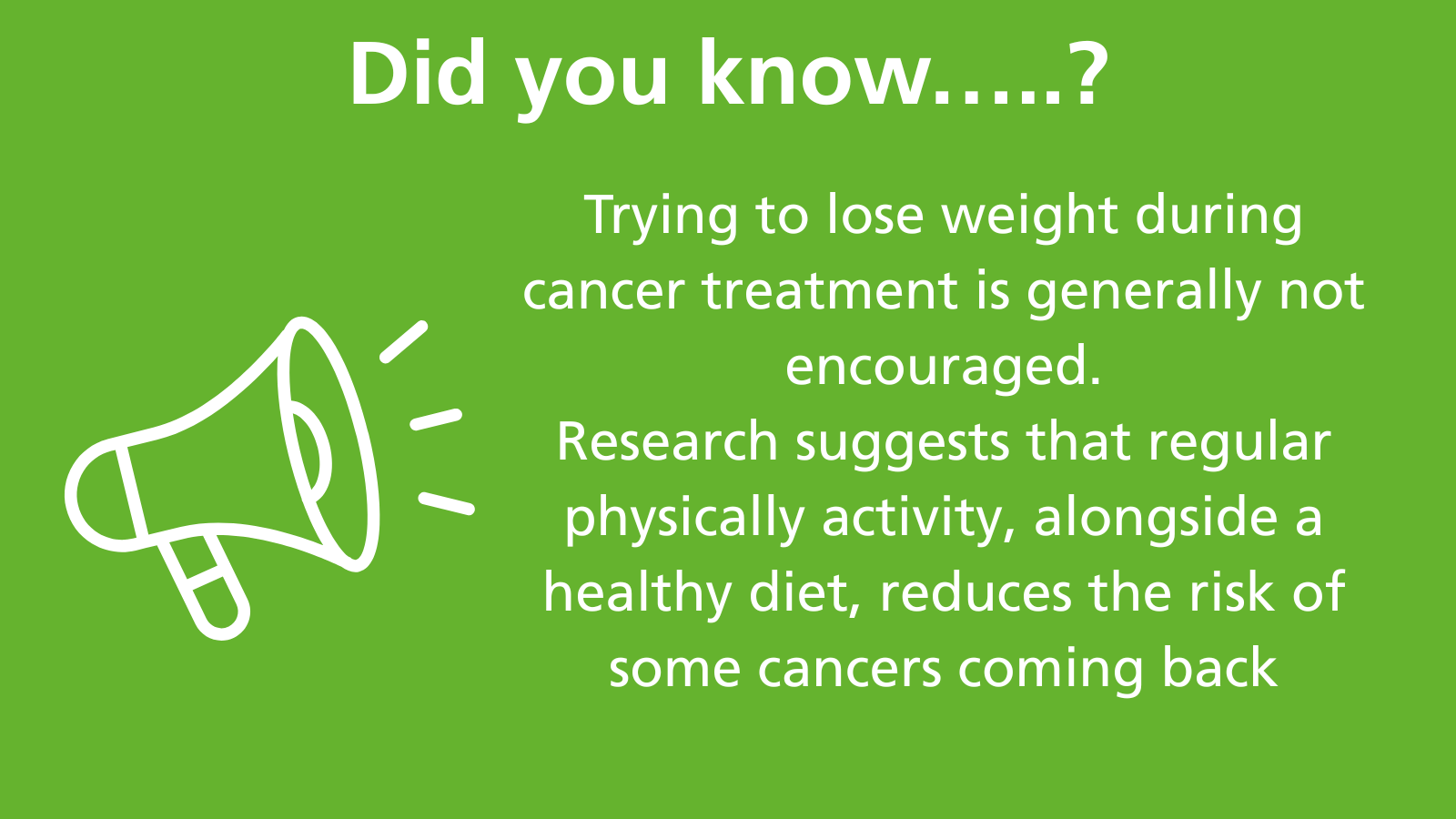
Eating well is important for everyone and particularly important for people with cancer.
Food provides the nutrients needed to fuel our bodies. Being well nourished prior to treatment can reduce side effects and improve recovery times and quality of life. Food is more than just nutrition, it provides a sense of wellbeing and control.
Royal Surrey Cancer Centre has information for cancer![]() patients on eating well, including top tips from its dietitians to maintain a healthy lifestyle. Find it here: Eating Well
patients on eating well, including top tips from its dietitians to maintain a healthy lifestyle. Find it here: Eating Well
The cancer centre also has a range of videos to support cancer patients' dietary questions including `what should I eat if I don't feel like eating?', `What should I eat if I find it difficult to swallow?' and `Should I take vitamin and mineral supplements when I have cancer?'. Find the videos here: diet and cancer videos
 Signpost patients to SSCA's video on improving appetite during cancer treatment. It has expert advice from the senior clinical dietitian at Queen Victoria Hospital NHS Foundation Trust. Find the video on our health and wellbeing page
Signpost patients to SSCA's video on improving appetite during cancer treatment. It has expert advice from the senior clinical dietitian at Queen Victoria Hospital NHS Foundation Trust. Find the video on our health and wellbeing page
The Association of UK Dietitians has a useful `Top 10 Tips' leaflet to prepare cancer patients for treatment. The leaflet is also available in Polish, Urdu, Hindi, Mandarin and Cantonese. Find it here: BDA resources for patients
The Malnutrition Pathway has a leaflet for patients with advice for improving their diet in the weeks leading up to an operation or treatment. Find the leaflet here: Prehabilitation - Getting Ready for Treatment
Emotional and Psychological Wellbeing
A cancer diagnosis and the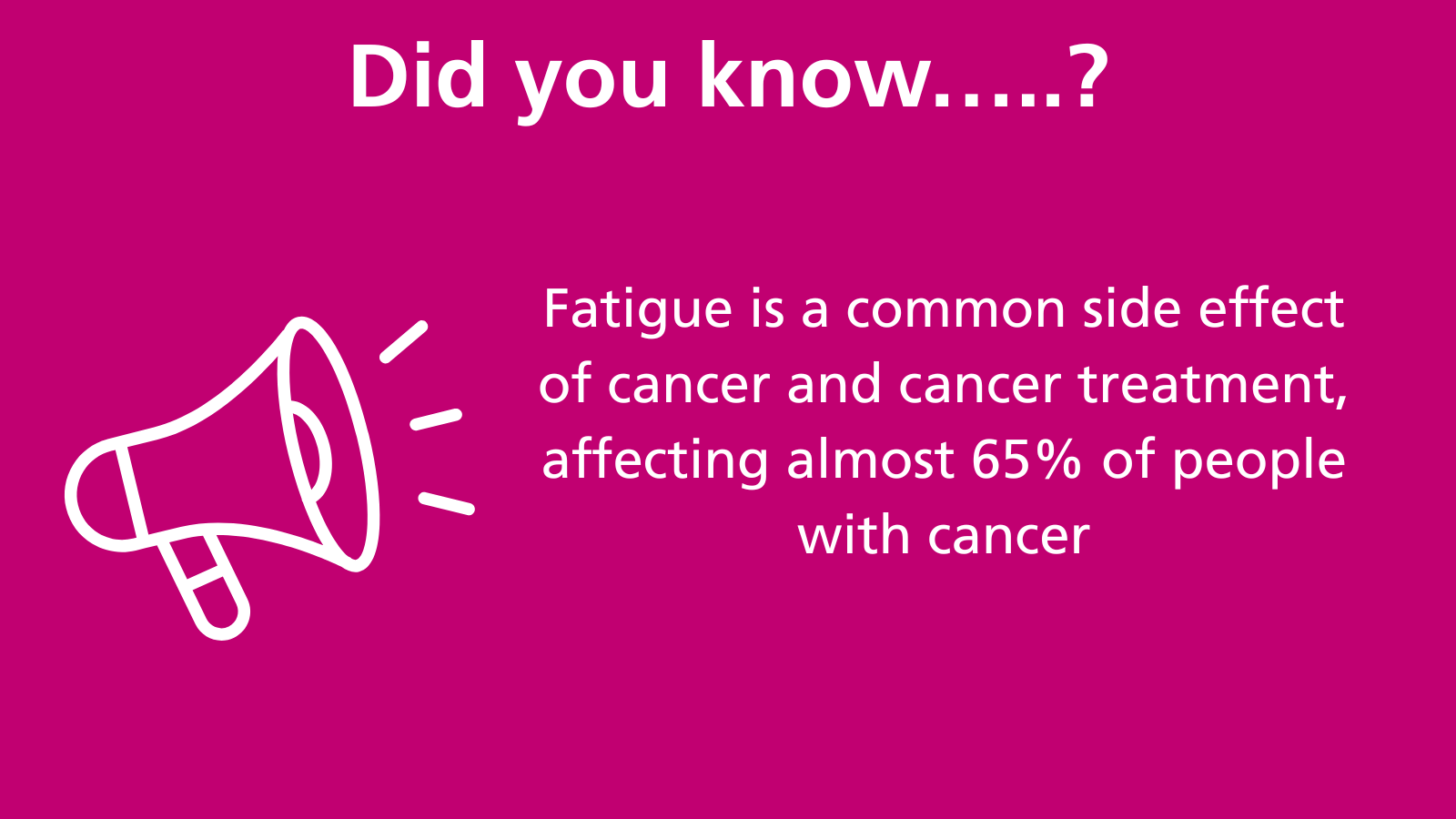 treatment pathway that follows can have a substantial impact on psychological health. While low mood, increased stress, heightened anxiety and persistent worry are common experiences during this time, prolonged exposure to these can impact not only mental health but also physical health and the immune system.
treatment pathway that follows can have a substantial impact on psychological health. While low mood, increased stress, heightened anxiety and persistent worry are common experiences during this time, prolonged exposure to these can impact not only mental health but also physical health and the immune system.
Tailored support for wellbeing is important throughout the cancer pathway. Specific support may include focusing on sleep issues, stress management and energy conservation during treatment. Learning coping strategies can help people before, during and after treatment to improve their quality of life.
We are currently working with experts from across the system to assess access to cancer psychological support services and to make recommendations for improvements.
 Macmillan has a booklet about coping with fatigue caused by cancer or its treatment. The booklet is for anyone who has cancer-related fatigue and there is also information for carers, family members and friends. Find it here: Macmillan Coping with Fatigue
Macmillan has a booklet about coping with fatigue caused by cancer or its treatment. The booklet is for anyone who has cancer-related fatigue and there is also information for carers, family members and friends. Find it here: Macmillan Coping with Fatigue
The charity also has information and advice for coping with insomnia. Find it here: Macmillan impacts of cancer/difficulty sleeping
Signpost patients to our health and wellbeing videos which include top tips on managing anxiety and fear, improving sleep during cancer treatment plus a 6-minute guided relaxation technique to try. All delivered by experts from Phyllis Tuckwell Hospice Care, Macmillan Horizon Centre in Brighton and Queen Victoria Hospital NHS Foundation Trust.
